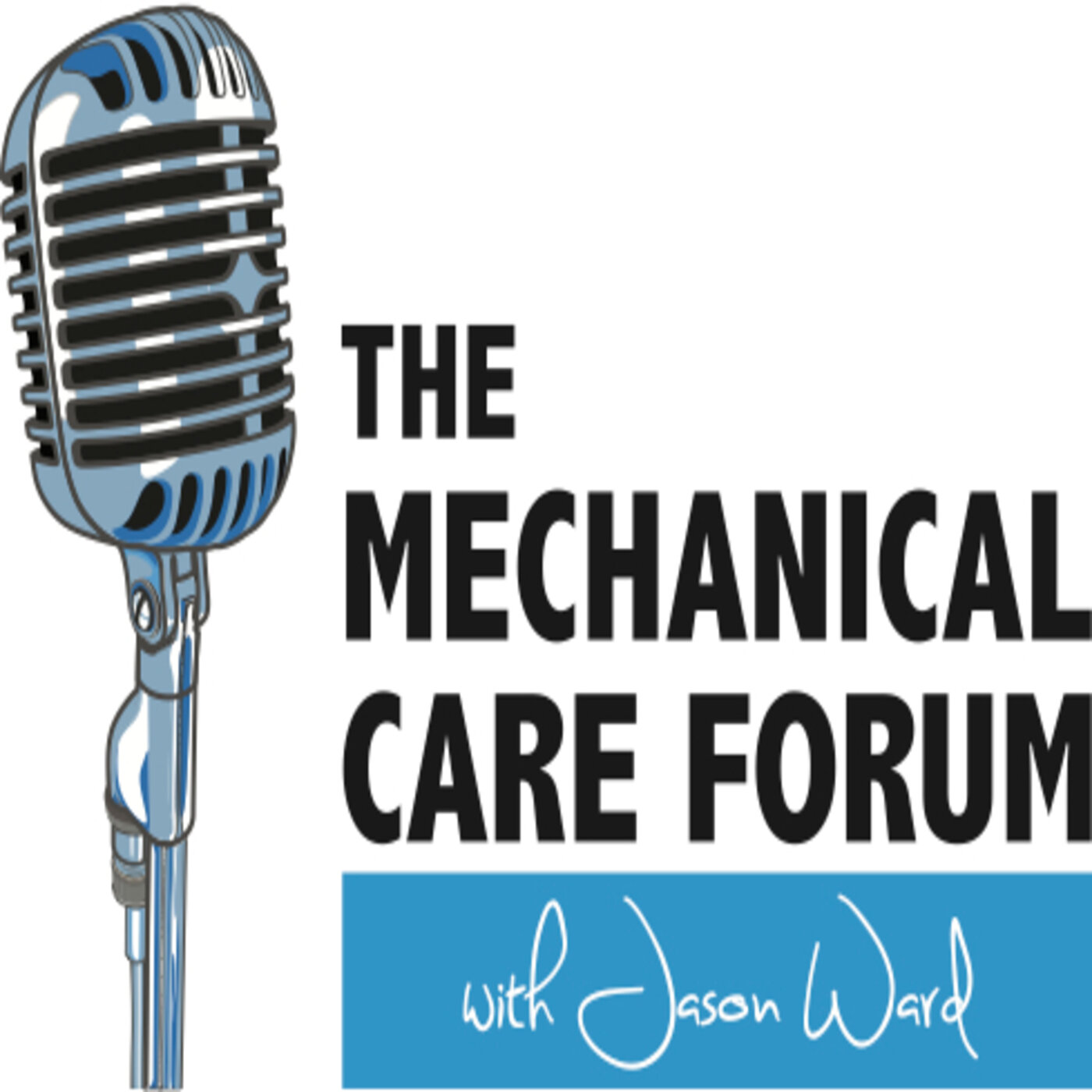Charlotte Krog Pt. Dip. MDT, MoPP, Specialist in Musculoskeletal Physiotherapy
Charlotte Krog was educated as a Physical Therapist in Aalborg, DK in 1994, and recieved her Diploma in Mechanical Diagnosis and Therapy in Minnesota USA, 1997. Since 2004 she has been active as a boardmember in the Danish branch of Mechanical Diagnoses and Therapy. In 2005 she was appointed as a Specialist in Musculoskeletal Physiotherapy by the Danish Physical Therapist Association and in 2007 she was appointed as Faculty member with relation to the Danish Branch. In 2015 she received her Master of Positive Psychology from Aarhus University, Denmark with her Master thesis: Giving the patient a voice!
Show Notes
Teaching and Mentorship
Charlotte highlights some common mistakes and problem areas:
~ Not truly listening
~ “Mechanical Troubleshooting” vs Implementing management strategies
~ Not incorporating patient beliefs into the education process
Common Student Mistakes
~ Not going to end range
~ Not enough reps
~ Not utilizing posture correction appropriately
Keeping Patients and Improving Autonomy
Charlotte explains how positive psychology can influence a patient’s decision to continue working with a mechanical therapist. She speaks of the importance of identifying“loss aversion” and low self-efficacy to improve patients’ willingness to participate within their management strategy.
Memorable Patient Story
Charlotte tells a story of a patient with an “other” classification who wasn’t being medically managed appropriately, as well as some creative problem-solving relayed by past patients.
Patient Education Analogy
Charlotte utilizes the analogy of the “rusty bike chain” to help with patient compliance and autonomy.
What She’s Doing Differently Now
“I do less, and try not to fix people.” Charlotte strives to help her patients grow and learn by listening to their problems and making them active participants in their recovery to ensure a better long term outcome in case of future recurrence of pain.
Useful Resources:
~ Colleagues and networking
~ Social media platforms
Relevant Research:
Miciak et al. Scand J Caring Sci. 2012 Jun;26(2):394-403.
Thinking Fast and Slow by Daniel Kahneman
Charlotte’s Advice for Listeners:
“Keep practicing, and learn from your experience. Get on with it!”
Charlotte invites listeners to email her with ideas or questions regarding positive psychology in practice.
mail@charlottekrog.dk
We hope to deliver this content to the committed professional who wants to improve his/her care and we hope to do it in a way that is easily accessible, the world over, in today's technological age.
To contribute:
Give a 5-star review on iTunes;
Share EP #105 with a friend; and/or
Connect with us on the Spotify MCF Podcast and MCF Instagram page!
Thanks for your support!

